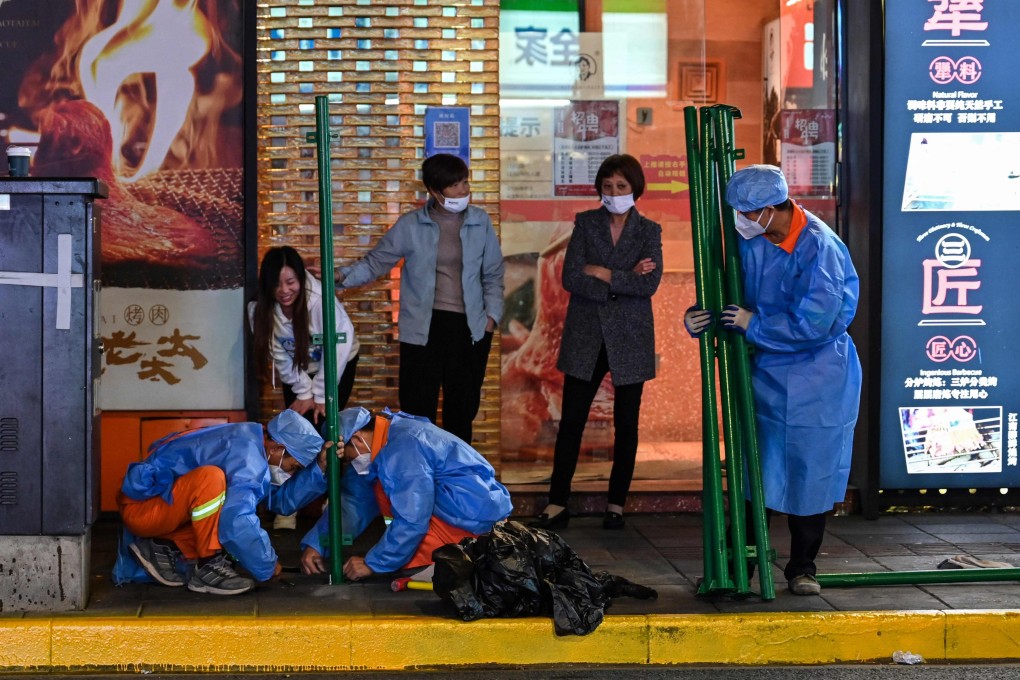China’s third-quarter GDP growth projected at 3.5 per cent amid ‘inescapable’ economic pressure
- On average, economists expect that China’s economy grew by 3.5 per cent during the year’s third quarter, and they say more must be done to restore market confidence
- China must strive to avoid ‘persistent and structural economic damage’, analyst warns; Beijing had set a year-end growth target of ‘around 5.5 per cent’

China’s economic rebound during the year’s third quarter is expected to have fallen short of expectations, putting the country’s annual growth target farther out of reach, according to analysts.
They note that Beijing’s stringent zero-Covid policy continues to maintain its stranglehold on China’s economy, and that authorities need to take more concrete steps to restore waning confidence among consumers and private enterprises.
China is expected to reveal its gross domestic product (GDP) for the July-September period on October 18, when the leadership-reshuffling 20th party congress will be under way.
The consensus among analysts is that China’s economy grew by 3.5 per cent during the third quarter, year on year, according to Chinese financial data provider Wind.